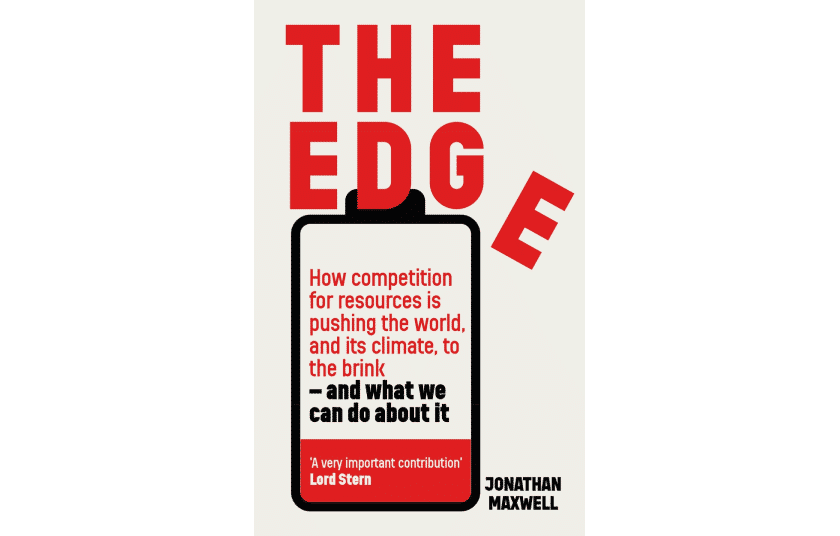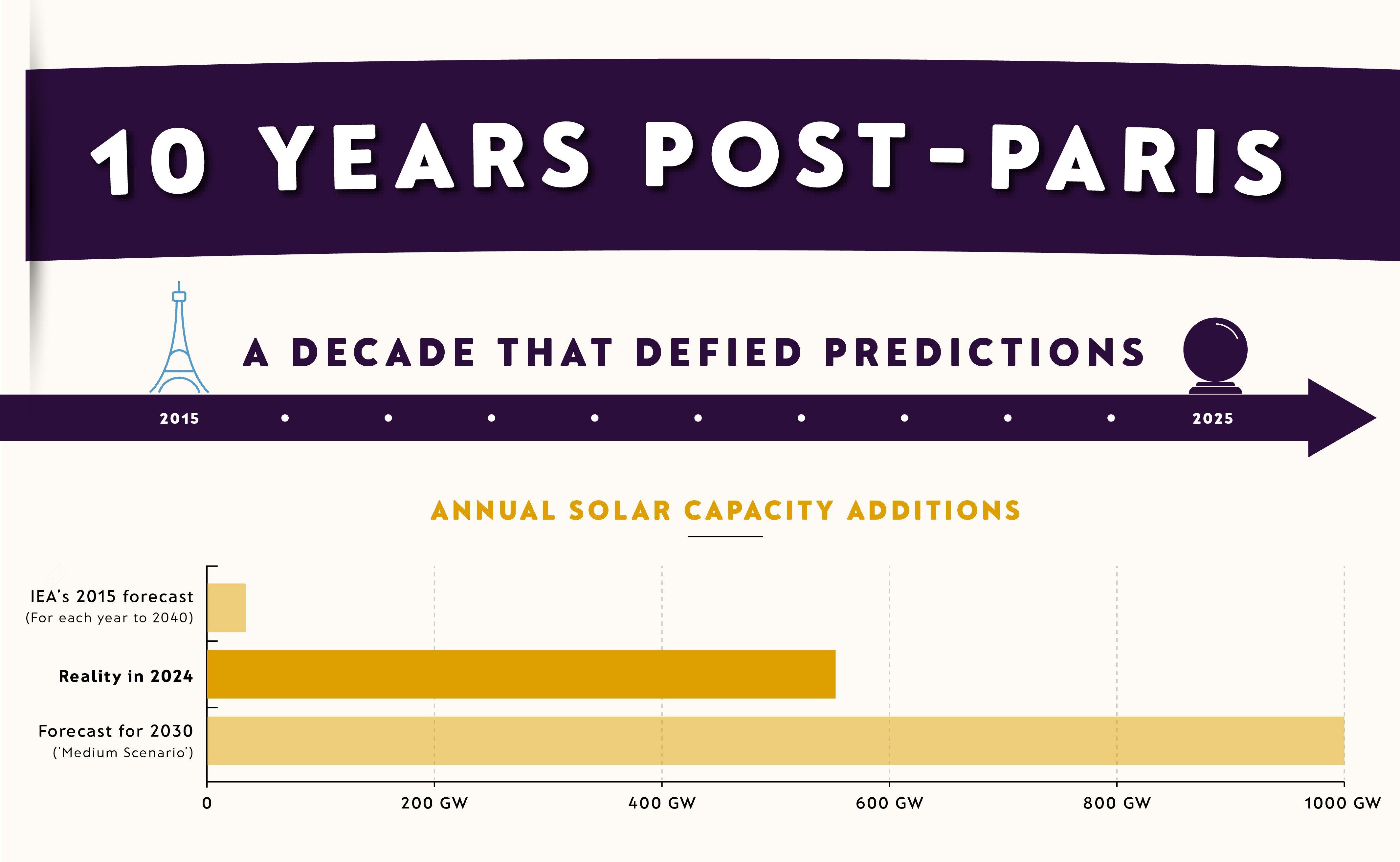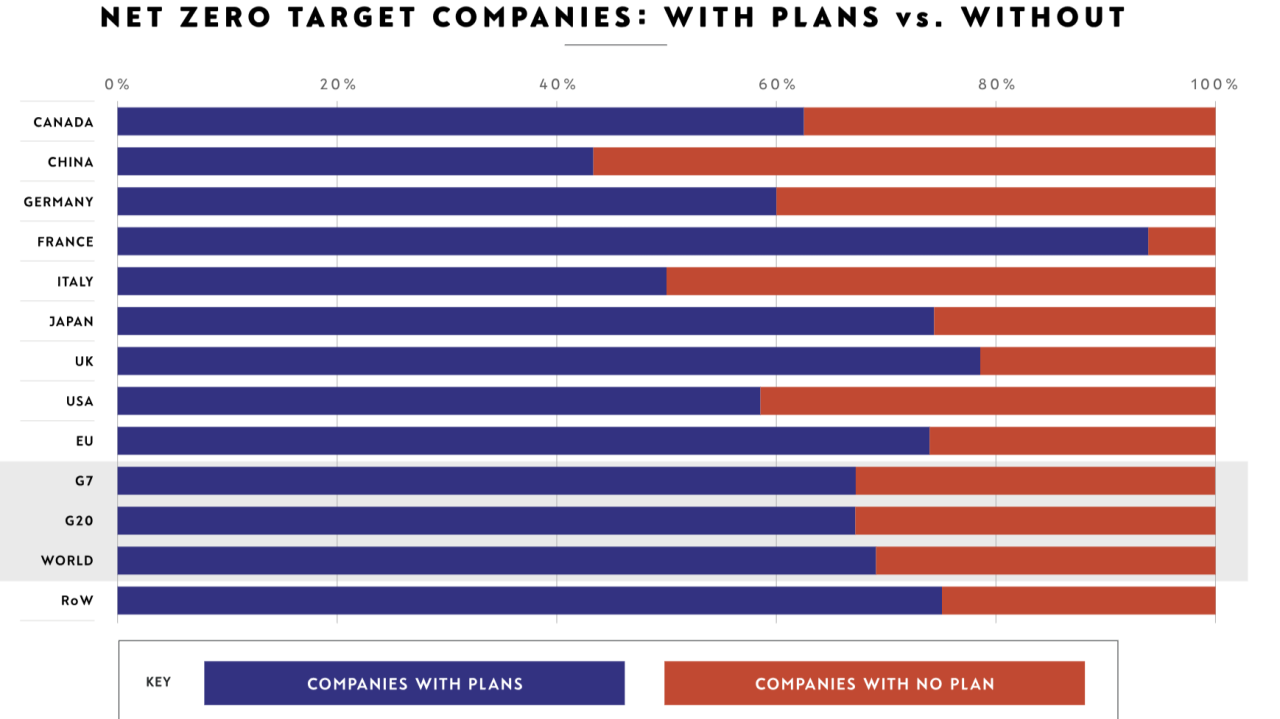
Energy Efficiency Is Key to Our Net Zero Goals

Jonathan Maxwell
25 years: International finance
The climate-change solutions and initiatives of the past 20 years have focused almost exclusively on increasing the supply of renewable energy to replace fossil-fuel-based energy, the largest contributor to man-made GHG emissions. Reducing carbon emissions this way is simply not working: renewables capacity and storage is simply not sufficient and the replacement strategy is moving far too slowly as carbon intensity has continued rising.

The critical area of arresting climate change by reducing demand for energy and through better energy efficiency is only recently moving centre stage; until recently it was largely overlooked both by policy makers and the capital markets.
Reducing demand is not about foregoing economic growth or forcing unpalatable lifestyle changes on households or industry, but about energy efficiency and doing the same or more with less. In other words, it’s about increasing productivity and investing in innovative solutions that help to reduce the 70% of primary energy that is lost through the various stages along the production value chain – conversion, generation, transition, distribution and at the end-user stage.
From a pure economic leverage standpoint, creating efficiencies that lead to one unit of energy not needing to be utilised saves the equivalent of 2.6 units that will not need to be acquired in the first place hence significantly reducing demand for fossil fuels.
Scaling up investment in energy efficiency projects across buildings, industry, energy and transportation is a huge lever for reducing demand and slowing climate change while offering attractive investment returns. Examples include decentralised and on-site energy generation using clean energy solutions (solar and storage, ground and air-sourced heat, combined heat and power) as well as efficient lighting, heating and cooling solutions.
Energy efficiency and demand-reduction can be achieved on the back of large-scale energy users conducting regular energy audits, and introducing more progressive planning and budgeting cycles.
But evolving the efficiency narrative will also rely on R&D, technology solutions, and design innovation, including adoption of the ‘Energy-as-a-service’ business model that fundamentally alters the supplier-end-user relationship to one based on facilitating customers’ energy needs via Smart digitalised energy communities.

These topics are explored in the video series on Energy Efficiency and the book 'The Edge', due for release in Q2 2023. The Edge aims to help businesses, investors, and governments apparently at the mercy of the markets to transition towards sustainability, productivity, and prosperity, and help everyone understand the world in 2023.

Jonathan Maxwell
Share "Energy Efficiency Is Key to Our Net Zero Goals" on

































